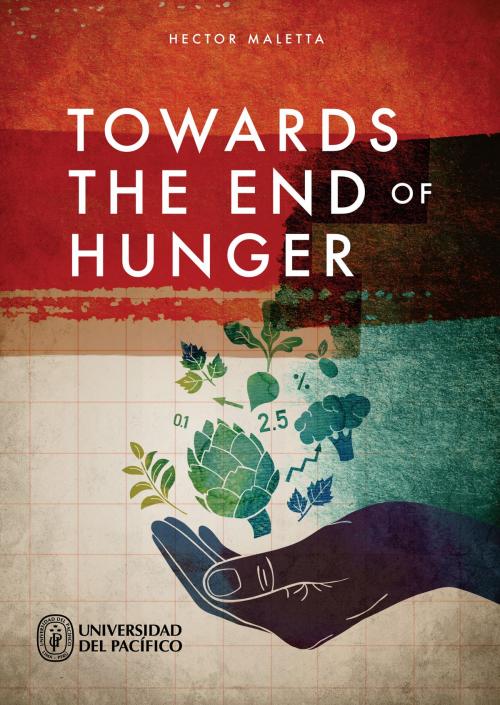Towards the end of hunger
Business & Finance, Economics, Sustainable Development, Nonfiction, Social & Cultural Studies, Social Science, Sociology| Author: | Hector Maletta | ISBN: | 9789972573637 |
| Publisher: | Anatomía de La Red | Publication: | November 26, 2016 |
| Imprint: | Language: | English |
| Author: | Hector Maletta |
| ISBN: | 9789972573637 |
| Publisher: | Anatomía de La Red |
| Publication: | November 26, 2016 |
| Imprint: | |
| Language: | English |
Hunger affects 800 million people, 11% of humankind. However, it is diminishing in absolute numbers and as a percentage of population as a result of slower population growth, economic development, and increasing farm productivity. Current food output is more than enough to feed all humankind and is growing consistently faster than population. More than 95% of food growth comes from increasing output per hectare, with little expansion in land use (in any case, there are large expanses of untapped cropland). Agricultural trade is rapidly increasing and is expected to continue expanding. For the first time in history, humankind is overcoming hunger. Even under pessimistic hypotheses about the impacts of climate change and other factors, hunger is not expected to worsen but to become non-significant in all regions of the world during the coming decades. The fight against hunger is far from over, but world hunger will end sooner with the right policies in place. This not-to-be-missed book explains the world's food and hunger situation in plain English, backed by a wealth of solid data. It challenges conventional wisdom, and will probably influence policy in many crucial respects.
Hunger affects 800 million people, 11% of humankind. However, it is diminishing in absolute numbers and as a percentage of population as a result of slower population growth, economic development, and increasing farm productivity. Current food output is more than enough to feed all humankind and is growing consistently faster than population. More than 95% of food growth comes from increasing output per hectare, with little expansion in land use (in any case, there are large expanses of untapped cropland). Agricultural trade is rapidly increasing and is expected to continue expanding. For the first time in history, humankind is overcoming hunger. Even under pessimistic hypotheses about the impacts of climate change and other factors, hunger is not expected to worsen but to become non-significant in all regions of the world during the coming decades. The fight against hunger is far from over, but world hunger will end sooner with the right policies in place. This not-to-be-missed book explains the world's food and hunger situation in plain English, backed by a wealth of solid data. It challenges conventional wisdom, and will probably influence policy in many crucial respects.















